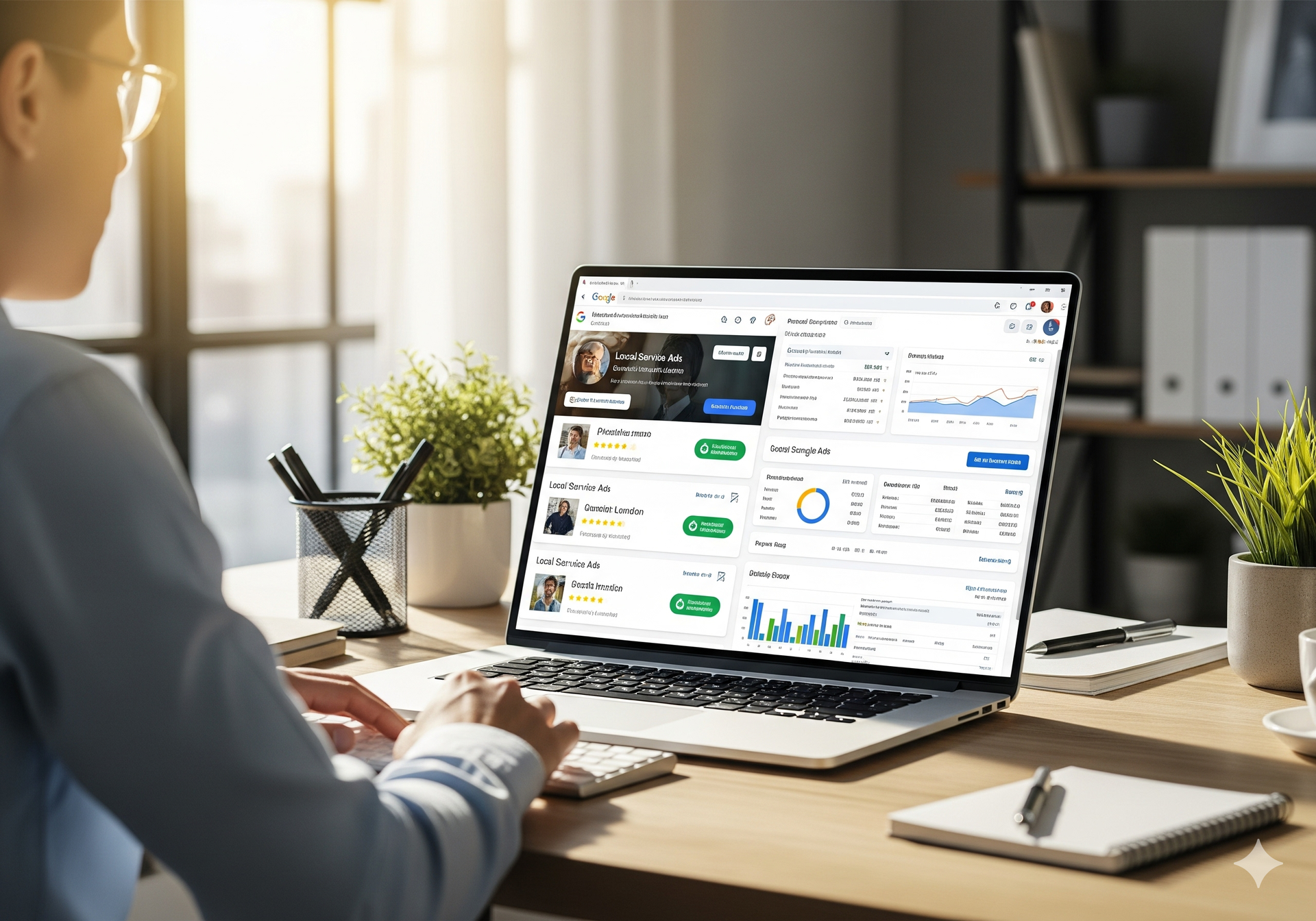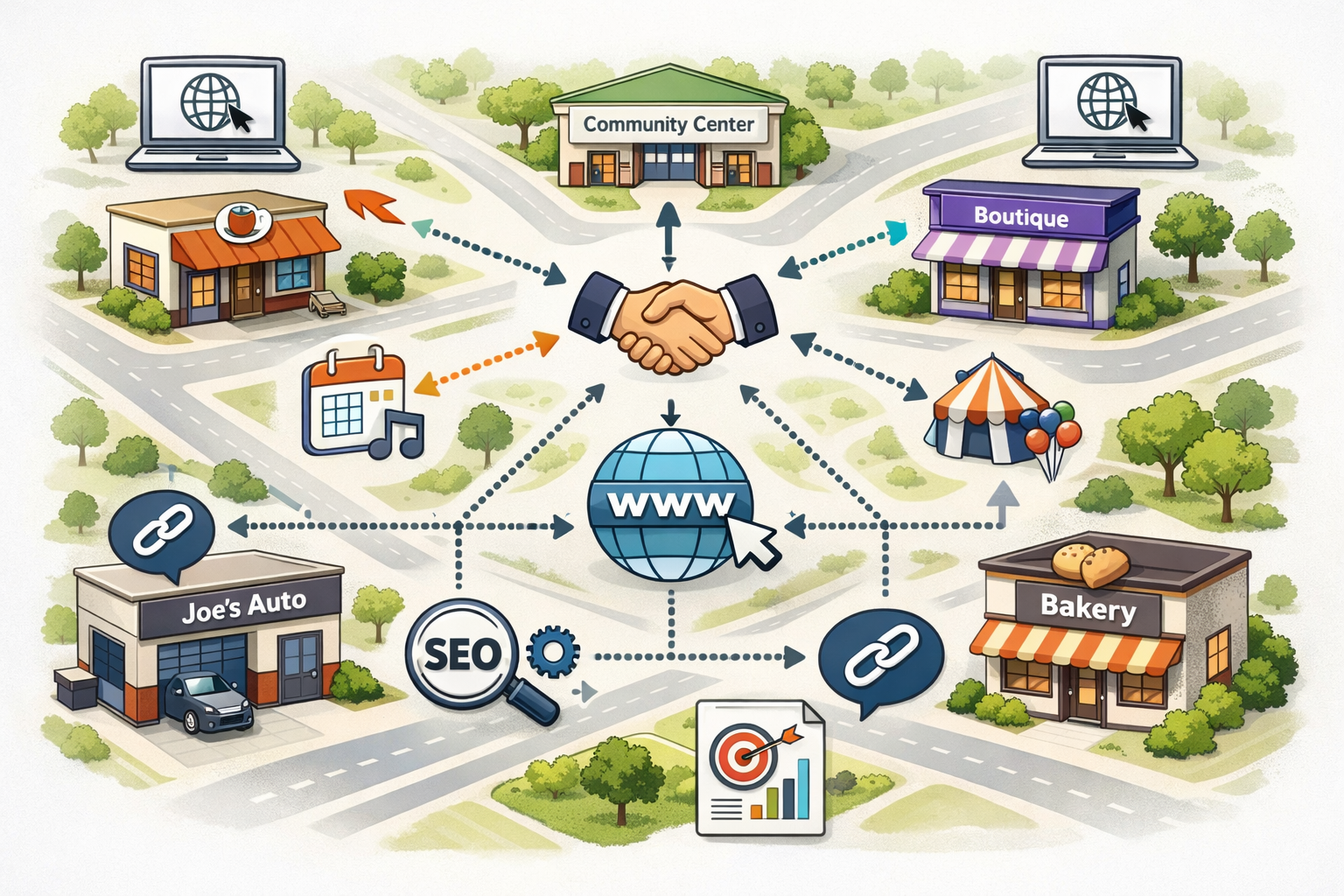What Is SEO & What Can It Do For My Small Business?
If you’re scratching your head, wondering “What the heck is SEO?” then you’re certainly not alone. The truth is, as a small business owner, you have plenty of other things to worry about.
One thing, however, that you do have to worry about – something that means a great deal to your business – is your customers, and by that I mean attracting customers to your business.
Of course we’re now in a new time and era. Certainly much different from the times when good ol’ Benjamin Franklin set up shop in Philadelphia. Different from the times when the cheesesteak feud first began between Pat’s and Geno’s! And very likely different than when you first set up shop.
What’s the difference?
The difference is the Internet. The difference is that very quickly, people left what was the promised land of gaining customers – the phone book (more specifically The Yellow Pages) – to go to a new place: Google!
It wasn’t an immediate shift and there are still some hangers on, but you no longer want to have to rely on antiquated means of attracting leads. Check out some of these telling stats:
• 63% of Americans now use the Internet rather than phone books for local searches…
• Usage of Yellow Pages has dropped 55% since 1999 and continues to drop 4% each year…
• According to Yahoo, 92% of all consumers searching for a local business start their search online from either their home computer or from their mobile phones…
• 82% of local business searches end up with a customer either visiting or contacting the business…
These numbers might stagger and scare you. It becomes even scarier if you don’t even know where to begin. Well, if you’ve crossed the bridge into the Internet era and embraced it at least to the point of having a website, then you’re on your way.
However, the problem that most have is getting eyeballs…or more importantly potential customers’ eyeballs to that website. And that’s where SEO comes in.
What Is SEO?
SEO stands for search engine optimization. What that means is that if you have a website, you’re going to want to optimize your website so that it ranks in the search engines – mainly Google! Preferably, that ranking should land your website on the first page of Google, because if it’s not first, then your chances of getting noticed via search engine go down tremendously.
So now the question is… how do you get a site to rank? That’s where the word optimization comes into play. There are a few variables to the SEO equation that you need to understand before you can even begin to think about ranking. I’ll go over those now one by one…
The 3 Essential Variables for Search Engine Optimization…
Many people make the mistake of thinking that just because they’ve created a website, it’s automatically going to get found. Unfortunately, many suffer major disappointment when months later their website grows cobwebs and is as good as a sand store in the middle of the desert!
Luckily, when it comes to SEO, there are proven methods to get results. Here are three essential variables to worry about for your SEO:
Essential Variable #1 – Keyword Research…
Here’s something that you need to realize. Websites do not rank…WEB PAGES do!!
What does that mean? Well let’s take an average local business website. Usually this will consist of maybe a homepage, an “about us” page, a “contact us” page, and maybe a blog (for savvy marketers)…
Those are the basic pages of your website. There’s also the auxiliary pages that you might add including articles, testimonials, extra information about your business, etc. There’s no limit.
When pages rank, they rank for a keyword. If you think of how people search for your business, than you’ll realize that they search for keywords. They might search for “Philadelphia plumber,” or “plumbers in Philadelphia,” or “plumber near Philadelphia,” or even “I need a plumber for my home in Philadelphia”….
Therefore, when we say “keyword” research, what we really mean is “keyphrase” research as well.
So depending on your business, you want to rank for the terms that people are searching for to find your business. Imagine if your homepage is ranking for “best cheese steak in Philadelphia.” Think you might get a high volume of visits to your restaurant? You bet you would since that term gets 5,400 searches per month in Google.
But the way you rank has to do with two different things…
Essential Variable #2 – On-Page Optimization…
On-page optimization is simply the way that you structure your website, and the little things that you do that make Google and the other search engines know exactly what your website and/or webpages are about.
There are certain elements that you may or may not have even heard of, and this usually depends on if you designed your own site or not.
P age Title Tag – If you look up a site in your browser, and you look up at the blue part on top you’ll see text. This text in the blue matters because it’s the TITLE tag of this site, and this is the first thing that Google sees to determine what your website is about.
Page Description – Your page description must also make it clear what your website is about. If you do a search within Google, and you look at the search results, then the text underneath each listing is the page description. You’ve got to fill this out correctly so it reveals to Google exactly what your website is based around…
Key Phrases & Words Within the Content – Your keyword or keyphrase has to be spread around within the content of your webpage at a certain density so that Google can say, “Yes! this site is about what the title tag says it’s about!” Google absolutely loves and strives for relevance, and they’ll give you points for being relevant.
There are plenty of other on-page optimization elements, but the three listed above are a good start to understanding the importance of making your webpages relevant to the searcher’s request.
After you’ve got your on-page optimization complete, you’ll move on to optimization OFF the page…
Essential Variable #3 – Off-Page Optimization…
Off-page optimization is what you do away from your page to get it to rank. One of the very distinct elements that causes a webpage to rank is the number of sites it has linking to it.
These are called backlinks. They’re links that point back to your site from other sites.
Why do these matter? It’s simply a matter of giving your website authority.
So let’s look at this another way. Who’s one of the most authoritative people in the world? It’s very easily the person sitting in the President’s seat in the White House. Now it doesn’t matter what side of the aisle he’s come from – the guy in that seat is one of the people who has the most authority in the whole world.
How did that person get there? By VOTES! They get voted into that position.
Online, Google looks at your backlinks as votes for your site. That’s one of the criteria it looks at as to whether or not your site is important – how many other sites are pointing to it. Each site is a vote, and it does matter which sites vote for your site. In other words a site with a lot of authority that votes for your site gives you a lot more juice than a spammy-looking site with no authority at all.
There are plenty of other elements to off-page optimization. For instance, the words used in the actual link itself pointing to your site, etc. But for now you should simply understand that to get your site ranked on Google, you’ll need…
1) The right keywords
2) On-page optimization (correct website structure)
3) Off-page optimization (sites pointing back to your site, or web pages)
When it comes to SEO in Philadelphia , with so many companies competing with you for local keywords, it’s not going to be a cakewalk! But fear not -that’s why we’re here!
That’s really what search engine optimization is all about. Unfortunately that’s more or less just the basics of it, but look at the bright side: snow you know what SEO is and how important it is to passively drive paying customers to your business’s doorstep!
The post What Is SEO & What Can It Do For My Small Business? appeared first on GetPhound.











